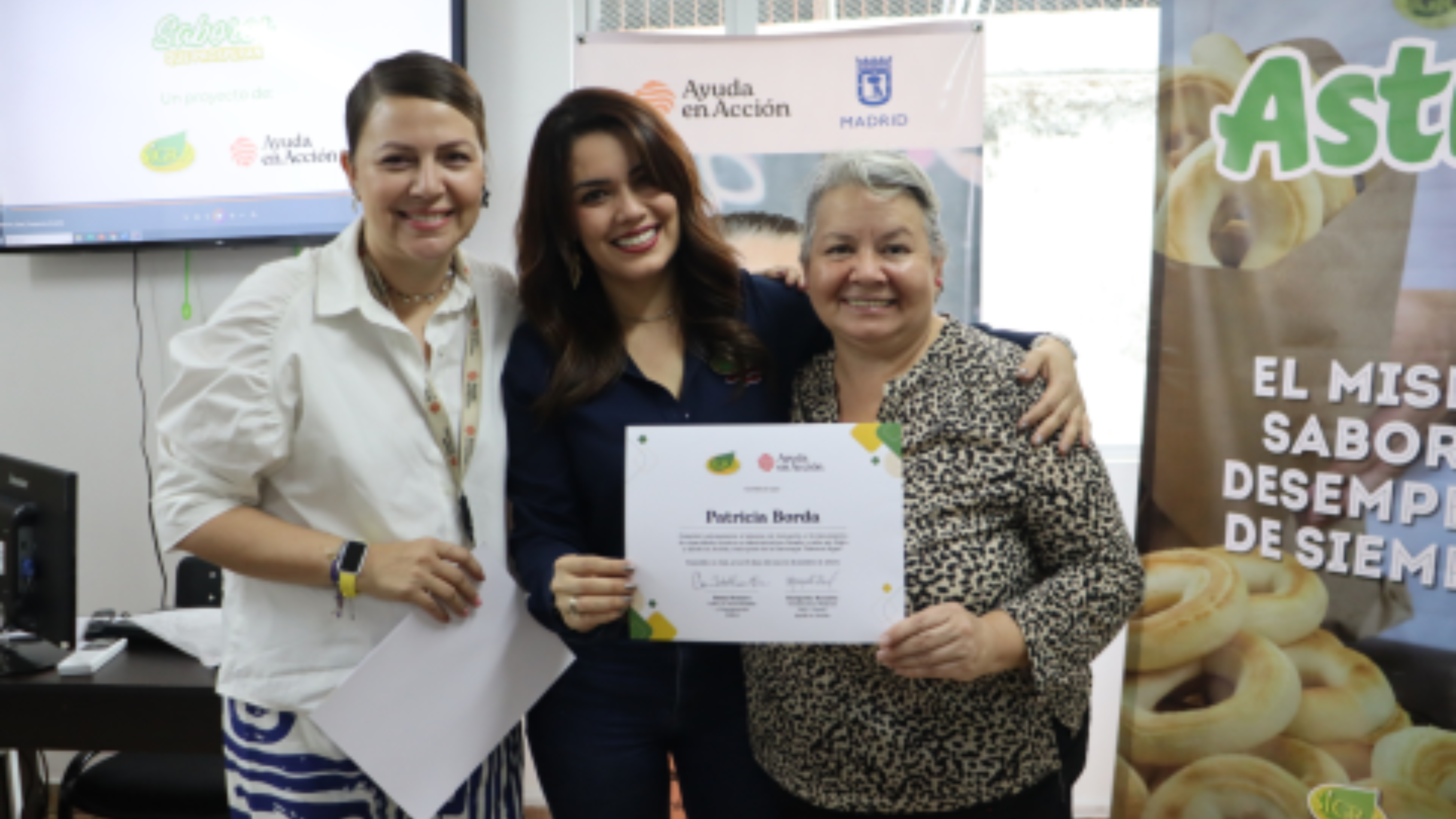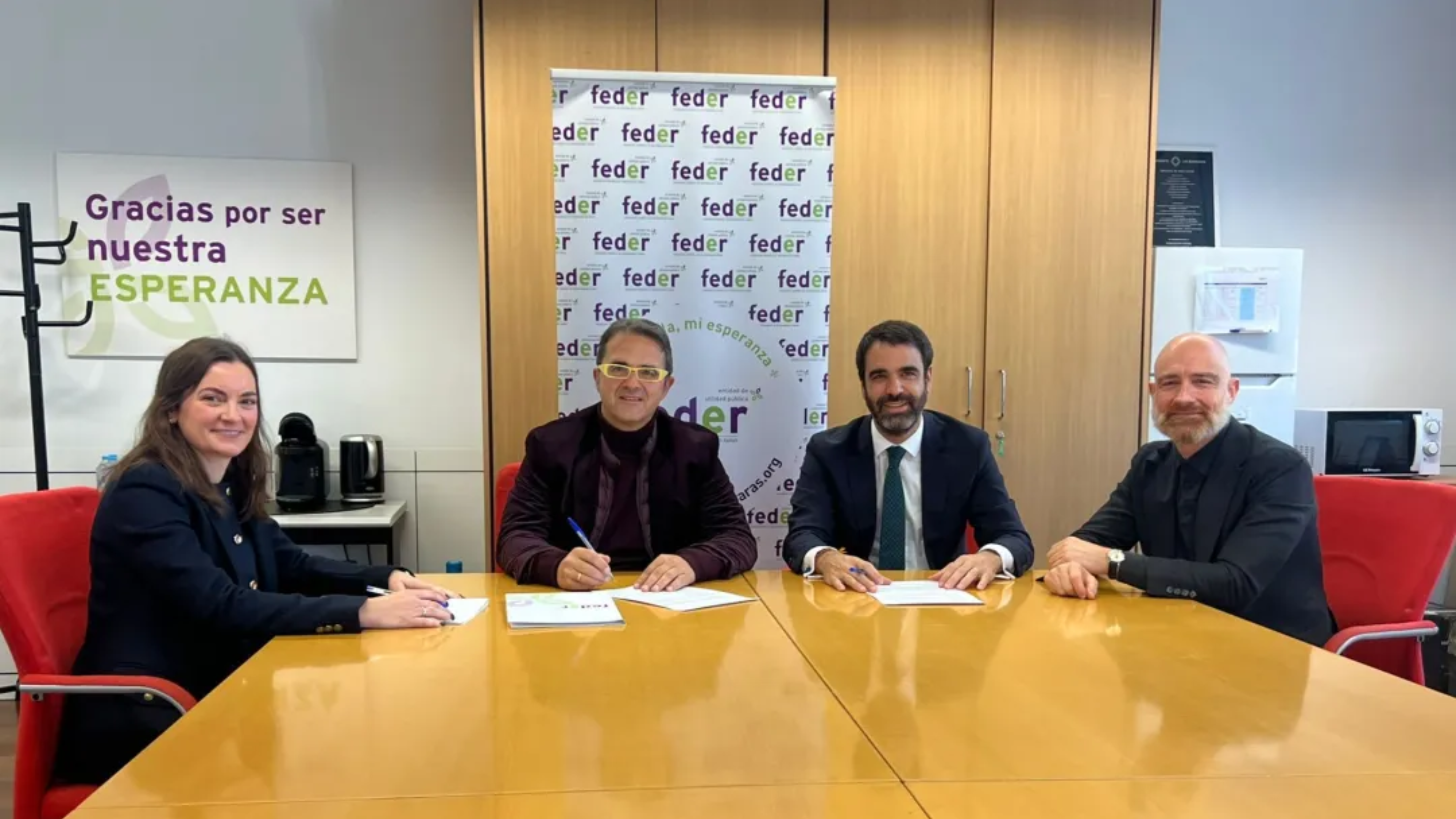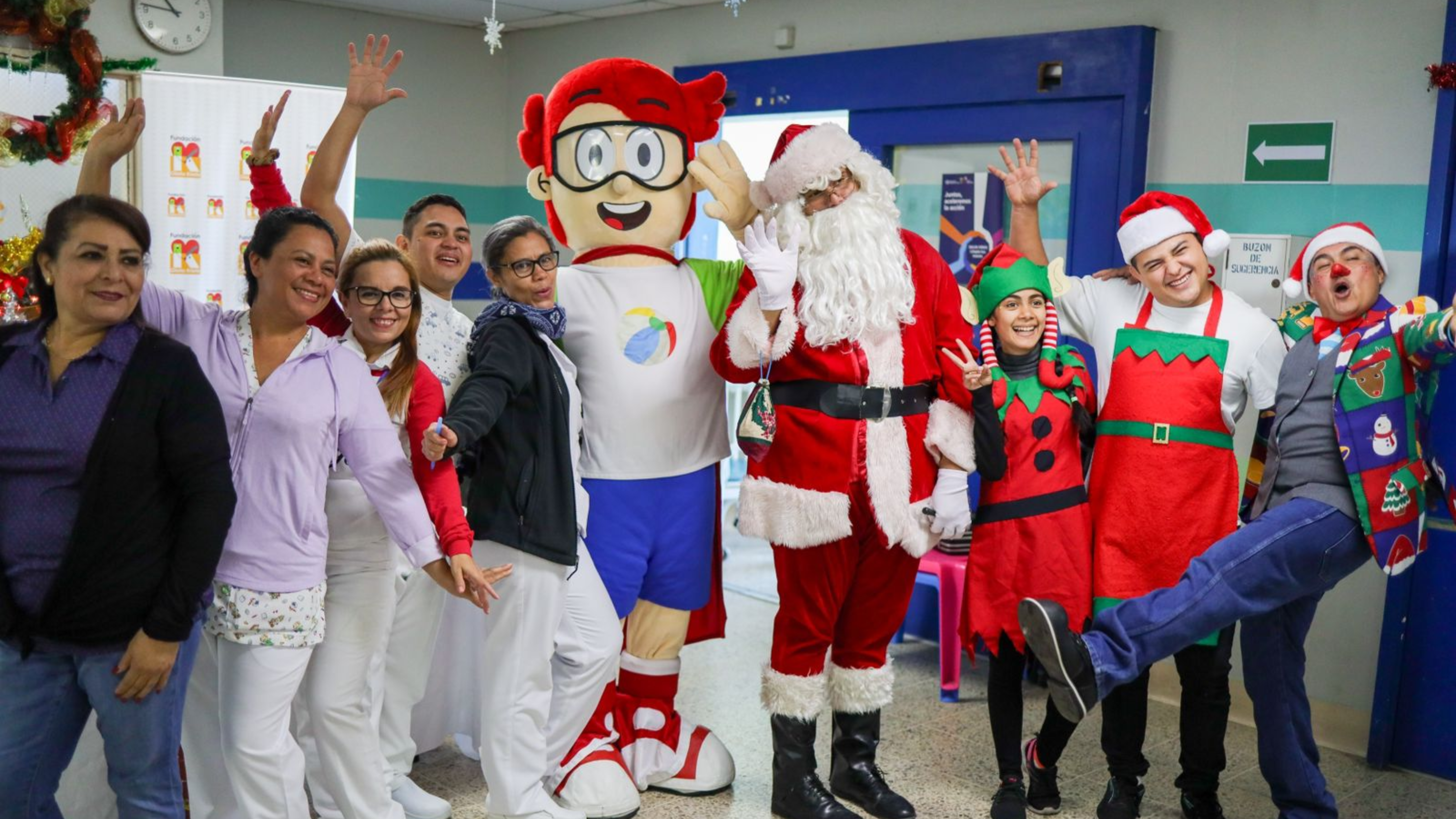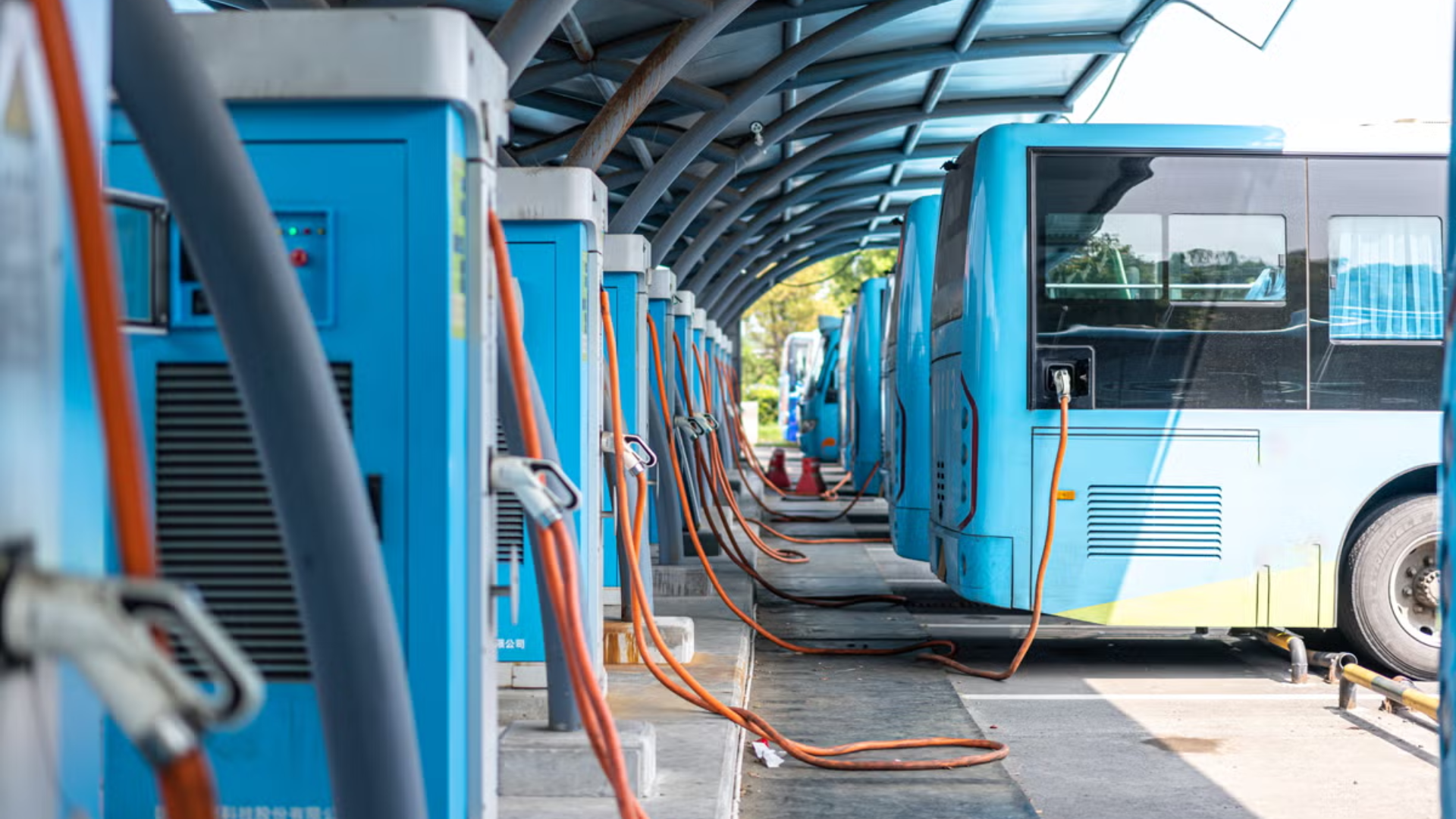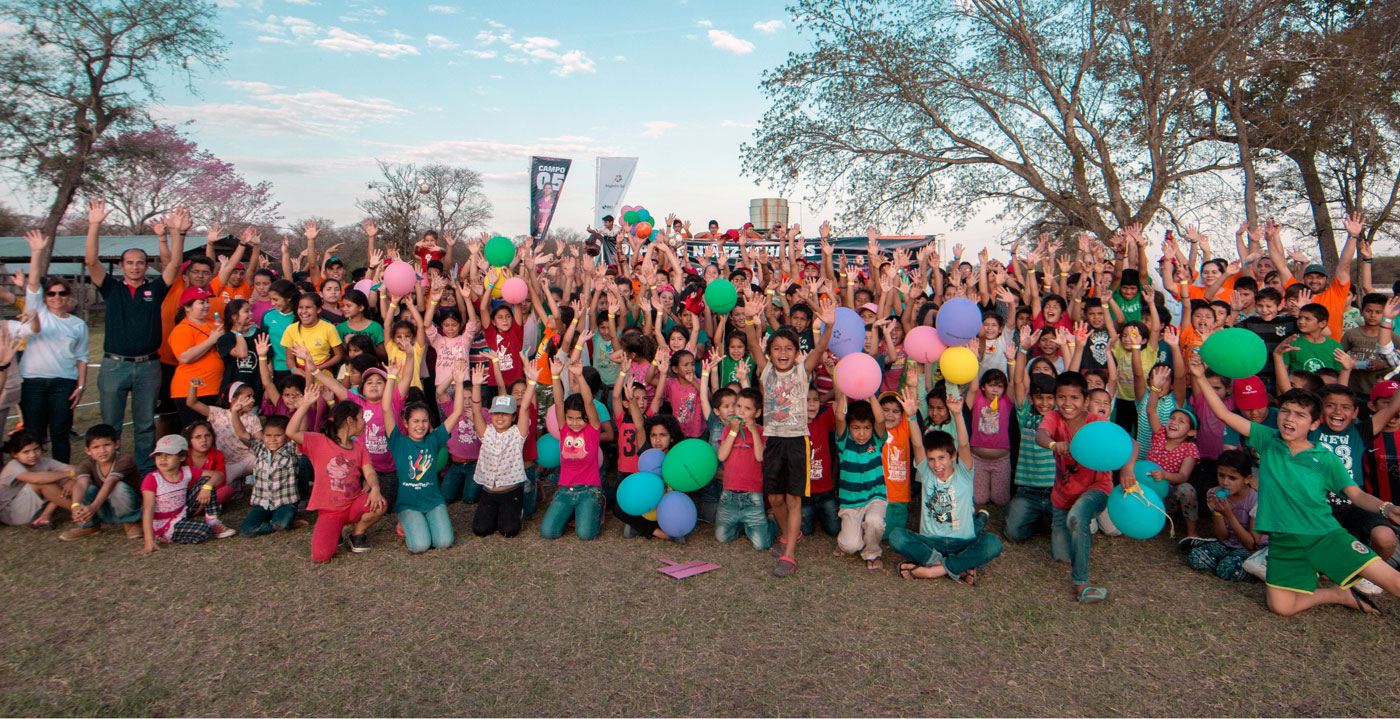
Fundación Mundo Sano obtained the IPRA Golden World Award in the Community Relations Category for its Program for Sanitary Improvement of Rural Housing with Community Participation that it carries out in the Dept. Taboada of Santiago del Estero.
The Program seeks to contribute to the interruption of the vectorial transmission of Chagas disease in rural areas and improve the quality and living conditions of its inhabitants through three axes: Surveillance and entomological control to detect, control and monitor the presence of the insect vector, the vinchuca; the Structural improvement of the houses, including their peridomiciles, with the active participation of the community, the use of native materials and the distribution of spaces compatible with the uses and customs of the inhabitants and the Access to the diagnosis and treatment of Alzheimer’s disease Chagas in those places where the absence of kissing bugs in homes has been controlled in a sustained manner.
In addition to improvements aimed at preventing the presence of kissing bugs, the program includes other improvements with a health impact, such as the construction of water storage tanks and latrines, among others. “We are very proud of this international recognition of an emblematic program of the Mundo Sano Foundation”, says Marcelo Abril, Executive Director of Mundo Sano. “In these years, the Improvement of Rural Housing with Community Participation has made significant progress in controlling the vector in the intervened communities, where the rates of intradomiciliary infestation dropped from the initial 40% to less than 1%,” he concludes.
In addition to interrupting the vectorial transmission of Chagas, the Program made it possible to involve and empower the entire community, transforming the quality of life of its inhabitants in a sustainable and significant manner. At the same time, it has crossed the limits of the intervened areas and promoted the improvement of the entire rural area near Añatuya. The roof waterproofing model, for example, can be replicated in homes in places that the Program has not yet reached.
Achievements of the Program since its implementation:
15 rural areas intervened since 2005.
1,822 people directly benefited.
495 improved homes.
More than 400 cisterns and latrines built.
25 water wells analyzed.
More than 300 trainings in total. (Demonstrative workshops on improvements, animal health and diagnosis and treatment)
If you want to know more about the program click here.


